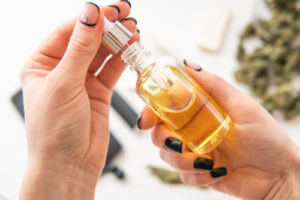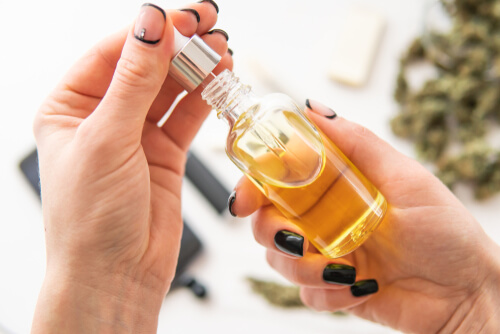
If you are a keen observer of what is happening in the pharma industry, you will see that CBD products are taking over the pharmaceutical market slowly. Even the field of skincare is booming because of the launch of CBD products. Thanks to the numerous clinical studies conducted over the decades, CBD is proven to be a very effective natural remedy for several health disorders. CBD’s therapeutic properties are capable of managing health issues like epilepsy, eczema, cancer, nausea, arthritis, anxiety, depression, migraine, insomnia, etc.
With millions of people around the world using CBD products of different kinds, many countries are introducing new rules and regulations for cannabis products. Since most companies require their employees to do a drug test regularly, many people wonder whether they will fail the drug test because of the use of CBD. The doubt is genuine because CBD is a cannabinoid compound derived from the cannabis plant.
Legality Of CBD
In December 2018, the US Senate passed the Farm Bill, which effaced the restriction on the cultivation of industrial hemp. With that bill, it is legal to possess, use, and sell, hemp-derived products. That also includes CBD products that are made from the hemp plant. Since the THC content in the hemp plant is low, the CBD products made from hemp are also low in THC. Yet, it is imperative to note that CBD is still illegal in some states.
CBD And THC
According to experts, you won’t fail a drug as long as there is no THC in the CBD products you use. The federal regulations restrict the level of THC in CBD products to be not more than 0.3%. Furthermore, most drug tests try to identify THC or its metabolites. If the THC content is less than 0.3 %, it is usually ignored. A majority of the drug tests do not focus on CBD content.
Will You Fail A Drug Test After Consuming CBD?
People who consume a CBD-based product that contains traces of THC may theoretically fail a drug test. In general, CBD products are made using marijuana or hemp plants, which contain all cannabinoids, including THC. Researchers identified THC above the 2.5 mg per day dosage associated with intoxication adverse effects in 25% of 67 CBD-containing food products tested in Germany in 2019.
Even though some manufacturers claim to remove THC from their products, this isn’t always true. Often the product hasn’t been tested by a third party or is labeled incorrectly, misleading the true THC dose.

